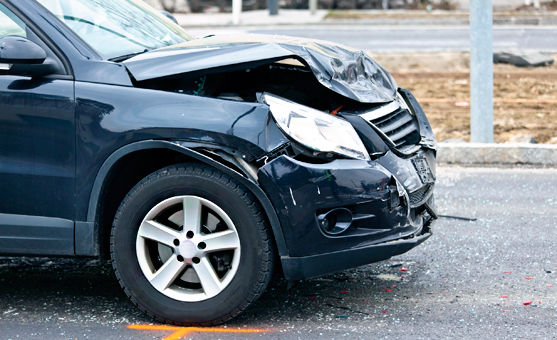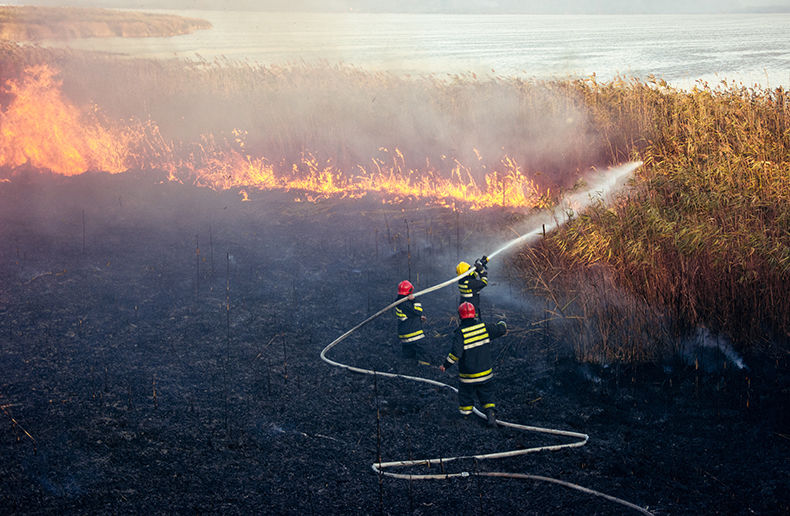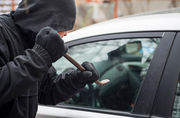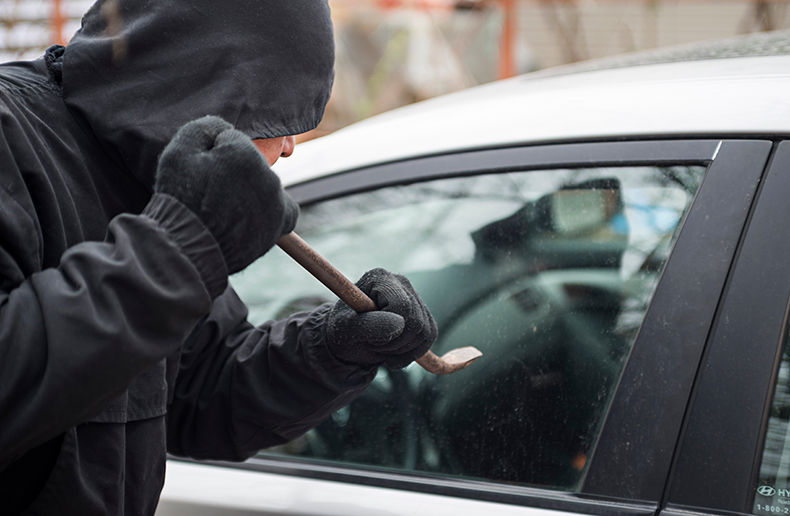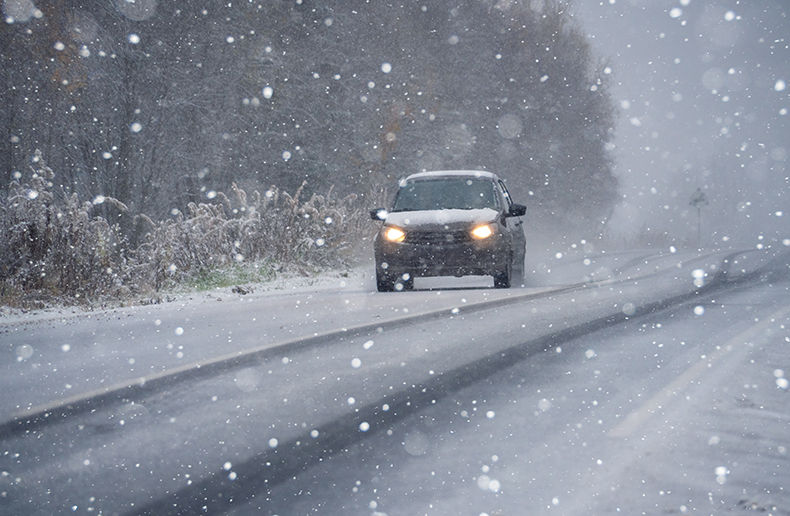Tractable, a fintech that uses artificial intelligence and deep learning to automate and accelerate car repairs in accident recovery, has made inroads into Canada via Ontario and Quebec.
Based in London, England, but present in nine countries including Japan, France, and Poland, Tractable has developed a solution to automate the first steps of the vehicle repair process. “Way too much time is wasted due to administrative delays and appointment scheduling. With Tractable, you simply take pictures of the vehicles with our platform, and a repair quote will automatically be sent to the insurer and to the repair company to kickstart the process immediately,” says Alexandre Dalyac, founder and CEO of Tractable.
COVID-19 has been a boon for the company. The new health and safety measures have forced insurers to handle claims differently. “Because many claims experts cannot go onsite, it is even more essential to use a virtual method,” Dalyac said, adding that he has seen demand for his approach grow since the lockdown measures began.
Technology behind the smart solution
Automation of the repair process rests on an algorithm that uses an artificial neuron network. This technological breakthrough has made Québec a frontrunner in the field, says Yoshua Bengio professor in the Department of Computer Science and Operations Research of Université de Montréal. He is also a researcher specializing in artificial intelligence and deep learning, and founder of the Montreal Institute for Learning Algorithms.
The neuron system can analyze images of vehicles damaged in accidents like an expert and pinpoint what parts have been damaged, how they are repaired, and how much it will cost. As the image database expands, the accuracy of the quote will increase. “Deep learning can train an algorithm to perform as well as a human being,” Dalyac says.
This technology lets insurers control costs more closely and limit insurance fraud attempts, particularly during negotiations between the garage owner and the insurer. If the quote does not correspond to the damage detected by the artificial intelligence, Tractable sends the insurer an alert and gives it the contact information of the garage owner.
One issue remains in the auto body industry: calibration of smart vehicle sensors. Tractable technology uses visual recognition to detect whether there are sensors and if they are damaged. The software can then estimate the costs accordingly. However, the sensors may require calibration without there being any noticeable damage.
Today, Tractable AI is being used in Quebec and Ontario by two Canadian insurers whose identities have not yet been disclosed. In the near future, the Dalyac aims to use his technology for natural disasters and prevention of snow buildup on roofs.


